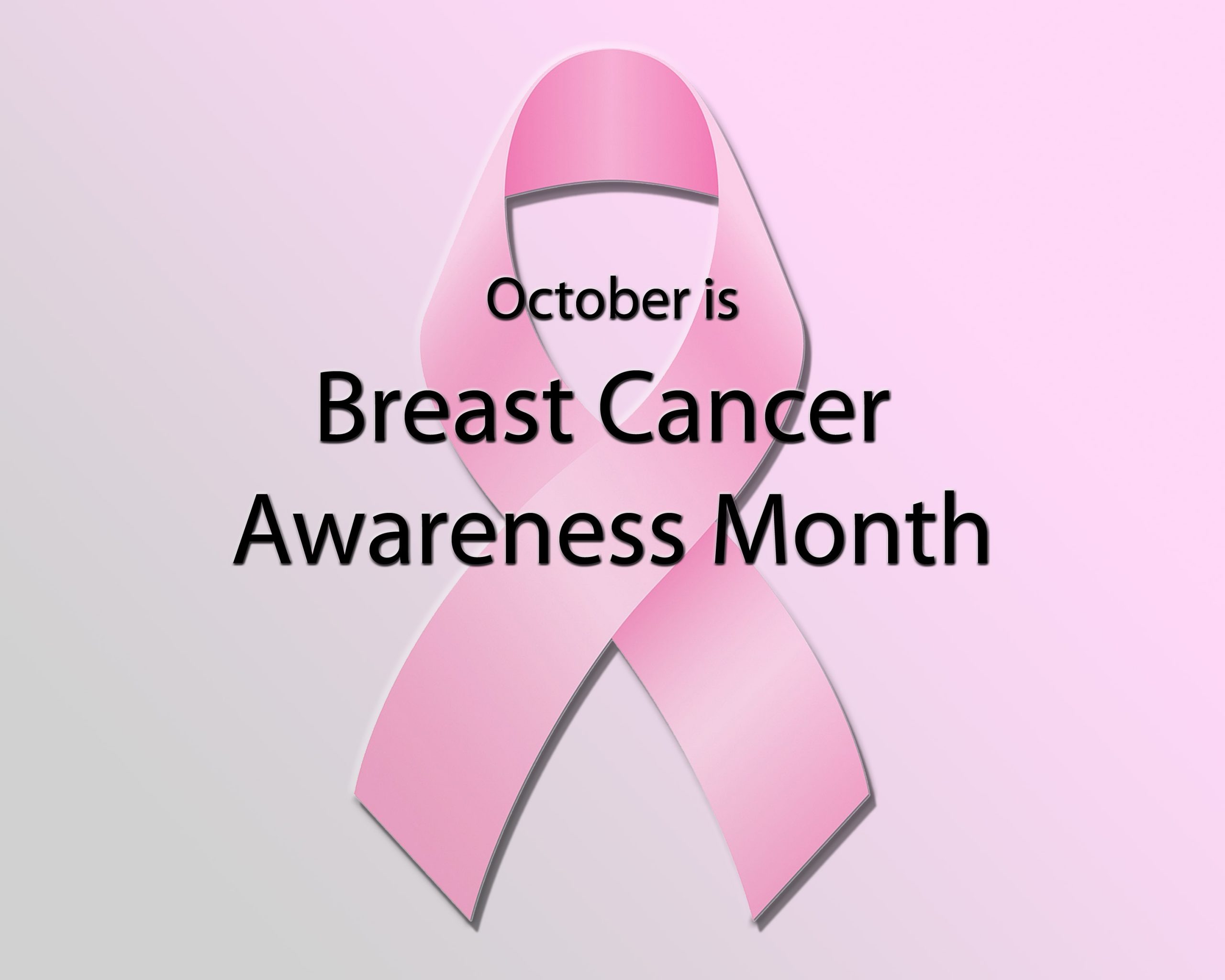Today marks the beginning of Breast Cancer Awareness Month.
Breast cancer is one of the most common cancers in the UK, with one in eight women diagnosed with the condition in their lifetimes. But if symptoms are caught early enough treatments can be very effective. That’s why Breast Cancer Awareness Month is considered so important.
Here is everything you need to know.
What is breast cancer?
There are two main types of breast cancer – non-invasive (called carcinoma in situ) which is found in the ducts of the breast and invasive breast cancer which is the most common type and develops in the cells that line the breast ducts.
Rarer types of breast cancer include invasive, lobular breast cancer, inflammatory breast cancer and Paget’s disease of the breast.
What are the main symptoms of breast cancer?
Approximately 90% of breast lumps are non-cancerous – despite that any new lumps should be checked by a doctor. Other symptoms include:
1) Nipple discharge
2) Change in size or shape of breast
3) lump or swelling in the armpit
4) Dimples appearing on the skin of your breast
5) Nipple rash
6) Nipple becoming sunken into breast
7) A change in skin texture
8) Redness around the nipple
How is it diagnosed?
Diagnosing breast cancer usually involves a initial appointment with a GP. This will include an examination, and a referral for a mammogram or ultra sound at a hospital. If necessary, a biopsy may be taken. A mammogram is usually on older patients, where breast tissue is less dense, and includes an X-Ray of the breast.
Women over the age of 50 are often invited for a breast cancer screening every three years as the risk of breast cancer increases with age. Treatments for breast cancer include surgery, chemotherapy and radiotherapy. Sometimes, hormone or biological treatments are also used. Secondary breast cancer isn’t usually curable so often treatments are simply to achieve remission – which is symptom relief.
Can breast cancer be prevented?
It still isn’t clear what causes breast cancer so it is difficult to know whether there is anything that can be done to prevent getting it. However, doctors do recommend maintaining a healthy weight, exercising regularly and ensuring you do not drink too much or take too much saturated fat. The reason doctors believe being overweight is a risk factor is because the body will produce more oestrogen.
